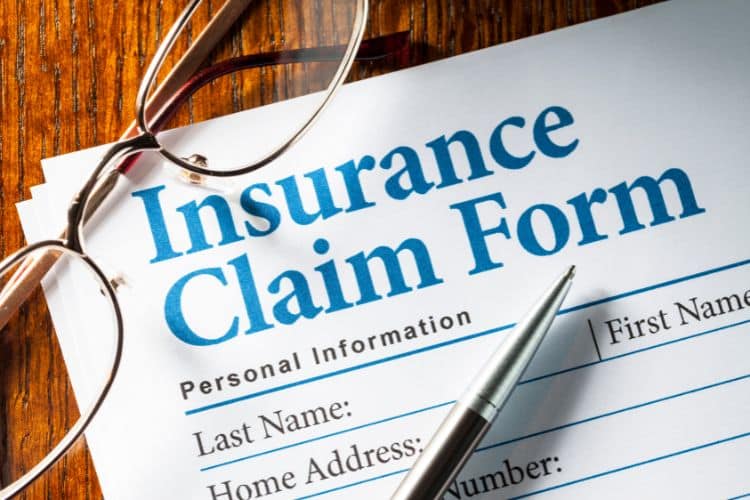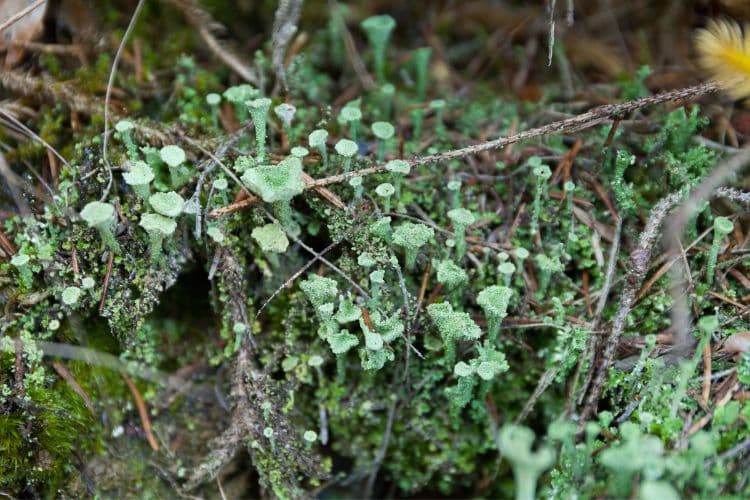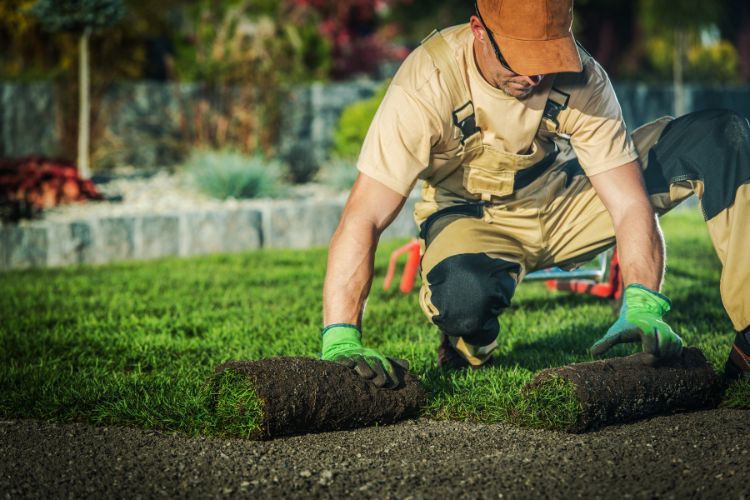Mold can be a significant issue in homes and businesses, often leading to costly remediation and repair. When it comes to insurance claims, the role of mold inspection is critical. This article explores how mold inspections intersect with insurance claims, providing homeowners and business owners with vital information to navigate this complex process.
Understanding the Intersection of Mold and Insurance
Mold damage can be extensive and expensive, and understanding insurance coverage for such damage is crucial. Mold inspections play a pivotal role in the insurance claims process, determining the extent of mold damage and its causes.

Key Aspects of Mold Inspections in Insurance Claims
- Determining the Source and Extent of Mold:
- Mold inspections help identify the source of moisture that led to mold growth, which is essential in determining whether the damage is covered under an insurance policy.
- Inspectors assess the extent of the mold damage, providing crucial information for the claims process.
- Documentation for Insurance Claims:
- Detailed reports from professional mold inspections serve as critical documentation for insurance claims.
- Photographs, samples, and thorough descriptions in these reports can strengthen an insurance claim.
Mold Inspection and Insurance Claims
| Aspect | Description | Importance |
|---|---|---|
| Source Identification | Determines the origin of moisture leading to mold. | Essential for establishing coverage eligibility. |
| Damage Assessment | Assesses the extent and impact of mold damage. | Provides necessary details for claim processing. |
| Documentation | Offers detailed reports and evidence for claims. | Supports and substantiates the insurance claim. |
| Expert Testimony | Professional inspectors can act as expert witnesses. | Adds credibility in disputes over claim settlements. |
| Preventive Recommendations | Suggests measures to prevent future mold growth. | Helps in reducing the likelihood of recurring claims. |
- Expert Testimony in Claim Disputes:
- Mold inspectors can provide expert testimony in cases where there is a dispute over the insurance claim.
- Their professional input can be instrumental in resolving claim-related conflicts.
- Preventive Recommendations for Future Protection:
- Post-inspection, mold professionals often provide recommendations to prevent future mold growth.
- Implementing these suggestions can minimize the risk of future mold-related claims.
Conclusion
Mold inspections are a crucial element in the insurance claims process for mold damage. They provide essential information on the source and extent of damage, offer indispensable documentation, and can even serve as expert testimony in claim disputes. Understanding the role of these inspections can significantly aid policyholders in navigating their insurance claims successfully and ensuring they receive the appropriate compensation for mold-related damages.




